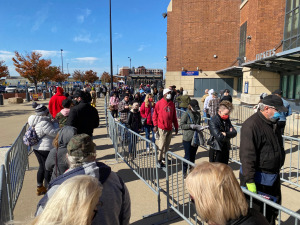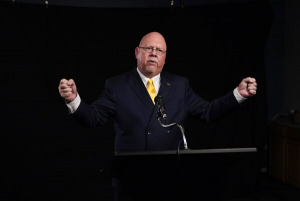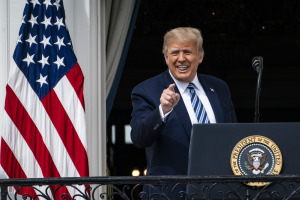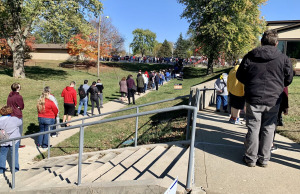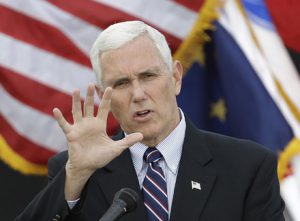Another rating agency shifts 5th District in favor of Democrats
Sabato’s Crystal Ball at the University of Virginia’s Center for Politics announced the rating change Monday morning for the tight race between Republican state Sen. Victoria Spartz and former Democratic state lawmaker Christina Hale.

